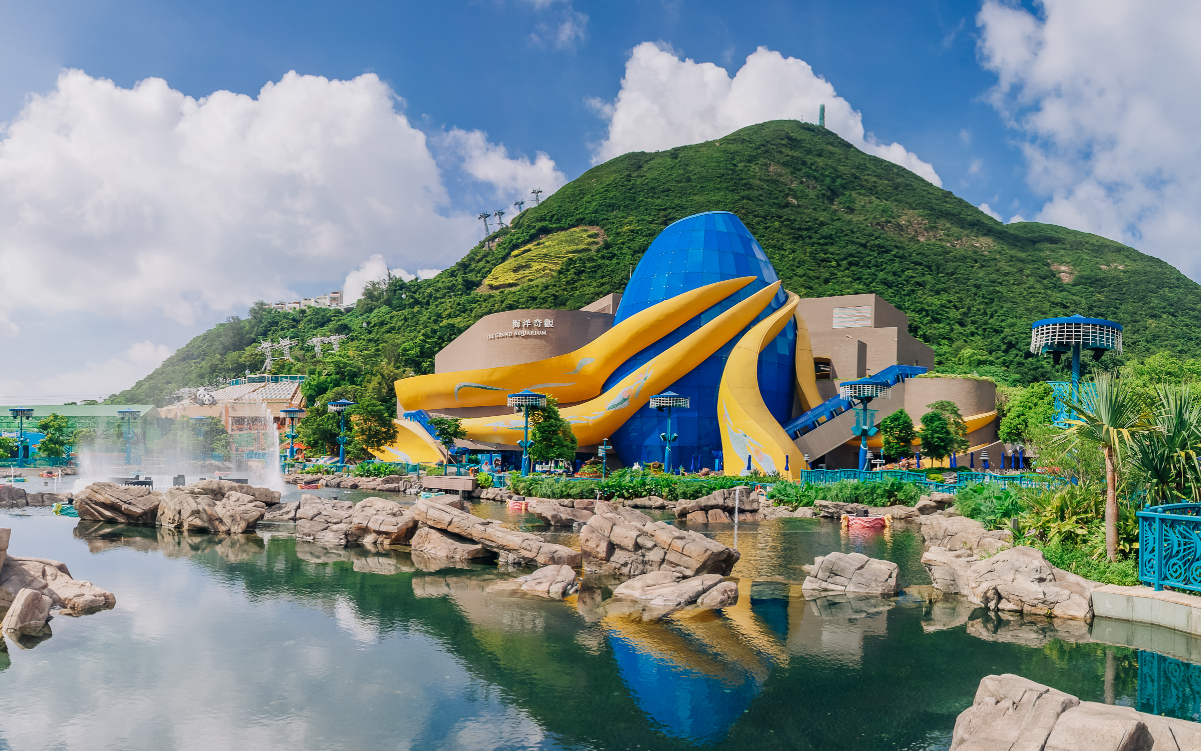(Hong Kong – 6 June 2012) Twelve-year-old female Pacific walrus, Miru, arrived in Hong Kong this early morning and is settling down well at Ocean Park. She will join other iconic Polar animal ambassadors to be introduced to the public next month at the Park’s new Polar-themed area, Polar Adventure.
Miru was born in June 1999 and was previously residing at Aquamarine Fukushima in Fukushima, Japan. After the earthquake in Japan in 2011, Miru was temporarily held at Kamogawa Sea World, Japan. She was transported to Ocean Park from Kamogawa Sea World early this morning in healthy condition, and is currently closely monitored and handled by the Park’s veterinary and marine mammal team to undergo quarantine at Ocean Park’s back-of-house facilities.
Miru will be joined by Rock, an eight-year-old male walrus, later in June, as well as other animal ambassadors such as snowy owls, spotted seals and northern sea lions in North Pole Encounter, as well as the penguins in South Pole Spectacular, to be introduced to the public in July 2012 at the new Polar Adventure attraction. The new exhibits will help visitors learn about climate change, as well as actions they may take at home that will positively affect the polar regions, and the plight of Antarctic and Arctic species and their habitats.
Pacific walruses have few predators other than the occasional killer whale or brave polar bear. Thus they tend to live relatively long life spans of around 30 years. As an important source of food and other materials, the walrus has been hunted by native peoples for thousands of years, however, it was from the 18th to mid-20th century that commercial hunters severely depleted the population. Climate change and the reduction in the extent of the sea-ice are expected to have a negative impact on the walrus, particularly in the Pacific. There is also concern that the loss of sea-ice will open commercial sea-lanes in previously isolated parts of the walrus’ range, which will likely lead to increased disturbance. Although some walrus populations have since recovered significantly, there is little recent information on population sizes and trends and so the species is currently classified as Data Deficient on the IUCN Red List.
Male walruses usually reach sexual maturity at around age eight to ten. Females mature at five to six years old. Even though they are sexually mature, males do not usually mate until around age 15, and females don't begin mating until age 10. Pacific walruses mate between December and March. Females only mate once every two years or more due to their long gestation period of 15 months.







